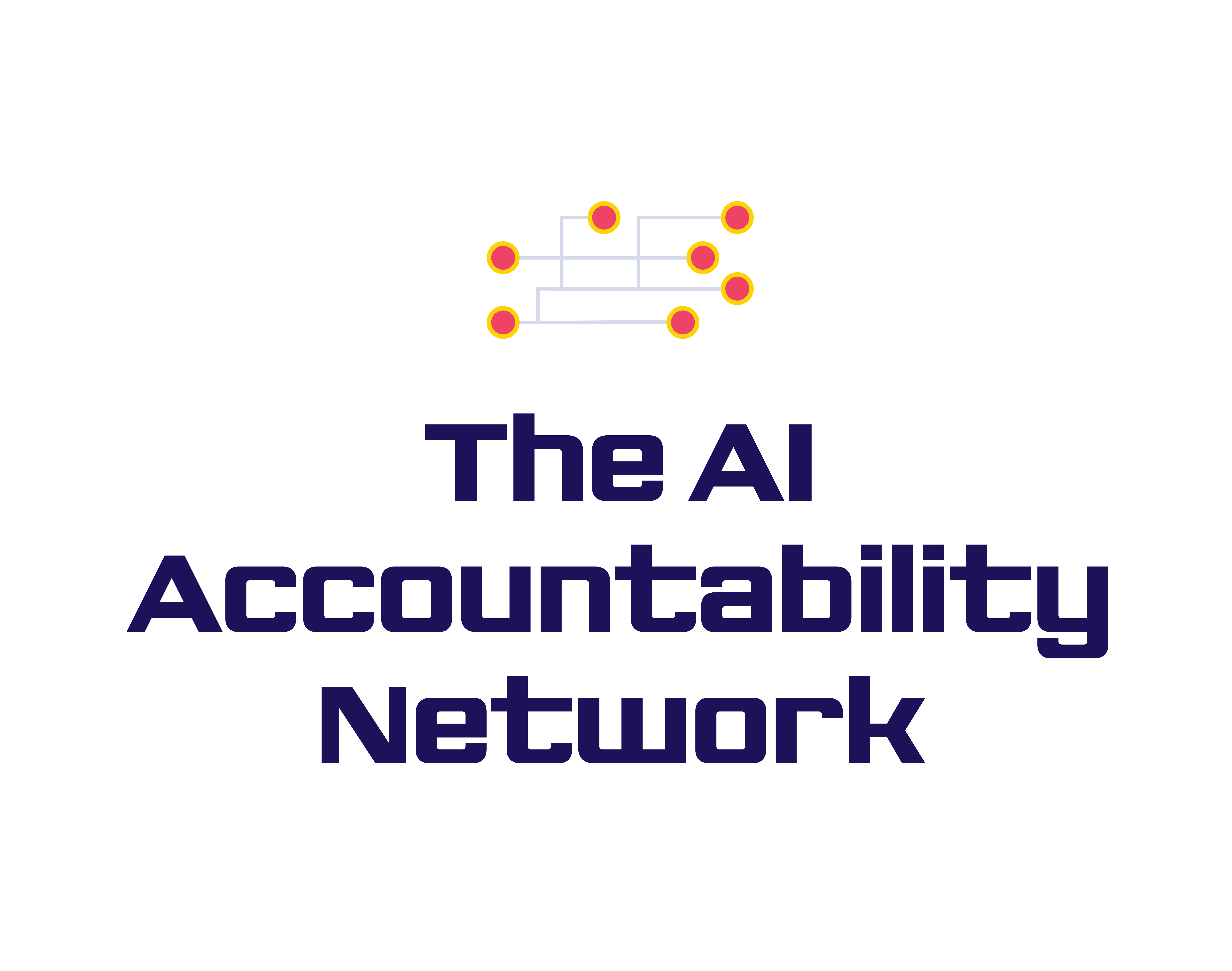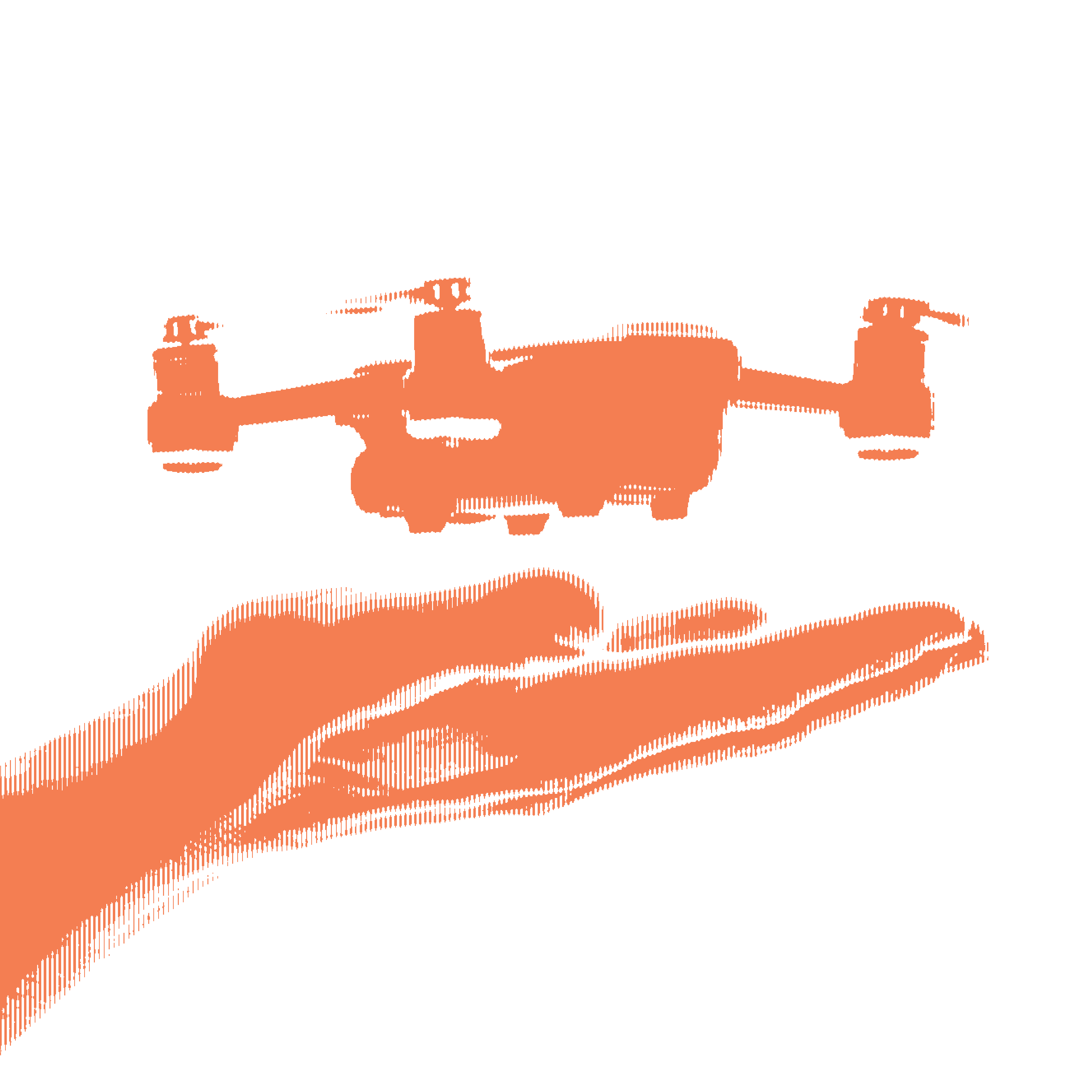Stories by Pulitzer Center grantees and Artificial Intelligence (AI) Accountability Fellows help broaden our worldview and provide context for the human challenges, unintended consequences, and potential solutions that arise from a digital, globally connected world.
AI Network Fellow Varsha Bansal’s project, India's Gig Workers and Algorithms, shows how apps like Uber are critical platforms for many, but the technology isn't always designed with them in mind. Drivers face continued challenges with facial recognition software as Uber tries to improve the safety of its platform for riders through artificial intelligence in countries like India and the U.K. Bansal's reporting asks, How do we build more equitable algorithms in a world where livelihoods depend on apps?
As the shift from fossil fuels to renewable energy continues—and the world evolves to meet the demands of countries eager for solutions to climate change—labor and resource costs increase elsewhere. In WIRED, grantee Vince Beiser writes about how AI is being used to address the increasing demand for metals like cobalt and lithium for electric cars, with algorithms tracking down and locating metal on land purchased by companies. Beiser writes, “If AI can speed up any part of the process of finding new mineral deposits, it will be a welcome boost in the race for the crucial metals needed to decarbonize our lives.”
Grantee Allan Odhiambo is investigating how young Kenyans get trapped in “debt slavery” with the explosion of fintech in the East African country. Faced with the effects of the pandemic, many Kenyans turned to digital loans as a quick way to deal with the financial stressors of life. In turn they were met with debt shaming, loan information being released to relatives, and the threat of jail from debt collectors. Without consumer education, the explosion of digital loans, fanned by U.S. Silicon Valley tech companies, threatens to entrap an already impoverished population.
For Rest of World, grantees Jacob Russell and Adam Hasan reported on cryptocurrency’s impact on Lebanon’s electric grids, which have all but collapsed. With some of the cheapest electricity in the world (on paper), crypto miners descended on Lebanon in the wake of the 2019 political and economic crisis. Rolling blackouts are now a regular occurrence, with most households across the country receiving only one to two hours of electricity per day. “Amid a crumbling economy, power cuts, and police raids, an underground community mines on,” Russell and Hasan write.
Read on for more reports exploring the many ways, visible and invisible, that technology shapes society and our everyday lives—and don’t miss the latest lesson plan from our K-12 team that supports students and teachers in making sense of AI’s evolving impact.
Best,


Impact
After strong public reactions to Pulitzer Center grantee Joanne Cavanaugh Simpson’s reporting on South Florida police’s unregulated use of facial recognition technology, police departments in Florida can no longer access a massive facial recognition database for any purpose they want. Police departments must create publicly available written policies to access a database holding tens of millions of images of Floridians. In some cases, the new parameters include major oversights such as internal audits and civil rights protections.
This message first appeared in the December 16, 2022, edition of the Pulitzer Center's weekly newsletter. Subscribe today.
Click here to read the full newsletter.











